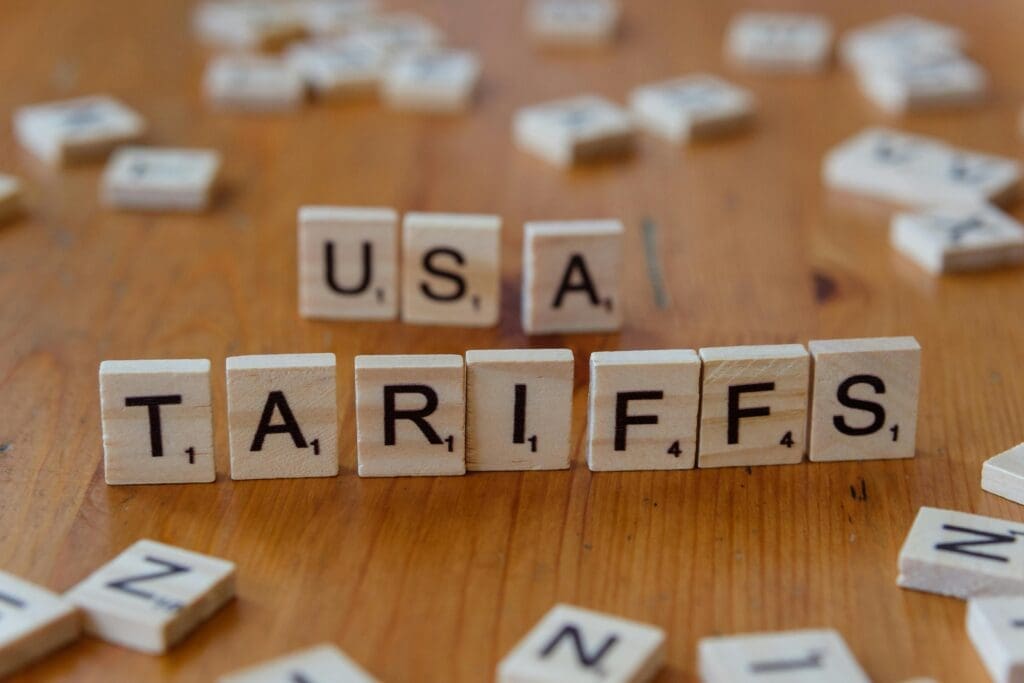On April 2, President Donald Trump announced new tariffs, including a 10% minimum on all imports and a 25% tariff on automobiles, set to take effect today (April 3). Trump believes these measures will revive American industry and create jobs, despite warnings from economists about potential inflation, supply chain disruptions, and higher costs.
Senator Roger Marshall expressed strong support for the tariffs, emphasizing the unfair trade practices by countries like India, Canada, and China, which impose high tariffs on U.S. agricultural products.
“There may be some short-term pain, but I expect long-term gain. This is already bringing jobs back to America. So rather than building factories or data centers overseas, they’re gonna build them here. And then from the national security standpoint, I think it’s real important that we do bring aluminum manufacturing and steel manufacturing and all these types of industrial jobs back to America,” said Senator Marshall.
Critics, including House Ag Committee Ranking Member Angie Craig and agricultural economists, argue the tariffs could harm farmers by raising input costs, reducing exports, and provoking retaliatory tariffs. While Trump maintains that the tariffs will ultimately benefit the U.S., experts warn of broader economic consequences, including higher prices and slower supply chain recovery.













